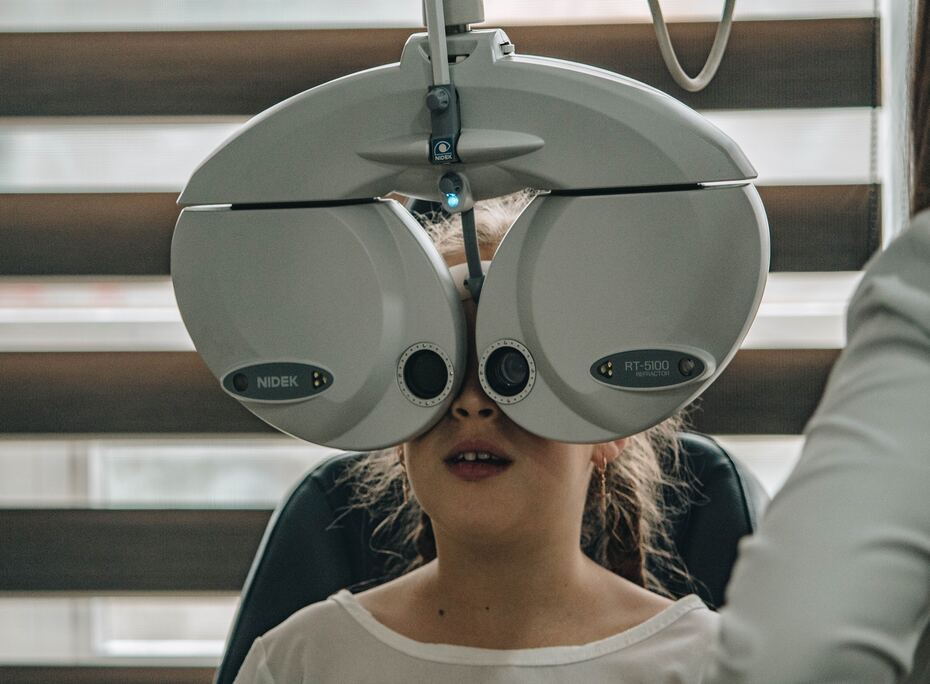Eye exams are a crucial aspect of maintaining good eye health and ensuring optimal vision. However, one common question people often have is, “How long does an eye exam take?” In this blog post, we will explore the various aspects of an eye exam, including what to expect during the exam, how long it typically lasts, and why it’s essential for your overall well-being.
Understanding the Components of an Eye Exam
Before delving into the duration of an eye exam, it’s essential to understand the components that make up this routine procedure. An eye exam typically involves the following steps:
Case History:
Your eye care professional will start by asking about your medical history, any existing eye conditions, and any vision problems or concerns you may have.
Visual Acuity Test:
This test measures how well you can see at various distances. You’ll read letters or symbols from a chart, and the results determine your visual acuity.
Pupil Dilation:
In some cases, your pupils may be dilated using eye drops to allow the optometrist to examine the inside of your eyes more thoroughly.
Refraction Test:
This test helps determine your prescription for glasses or contact lenses by assessing how well light is focused in your eyes.
Eye Health Evaluation:
Your eye care professional will examine the health of your eyes, looking for conditions such as glaucoma, cataracts, or macular degeneration.
Additional Tests:
Depending on your specific needs and concerns, additional tests such as a visual field test, tonometry (pressure measurement), or color vision test may be conducted.
Maintain a healthy lifestyle by adopting a few habits.
The Duration of an Eye Exam
The duration of an eye exam can vary depending on several factors, including the complexity of the exam, the thoroughness of the evaluation, and the individual needs of the patient. On average, a comprehensive eye exam typically lasts between 30 minutes to an hour.
Here’s a breakdown of the time you might spend on each part of the exam:
- Case History: 5-10 minutes
- Visual Acuity Test: 5-10 minutes
- Pupil Dilation (if needed): 10-15 minutes (accounting for waiting time for the eye drops to take effect)
- Refraction Test: 10-15 minutes
- Eye Health Evaluation: 10-15 minutes
- Additional Tests (if necessary): Variable, depending on the tests conducted
It’s important to note that some parts of the exam may be more time-consuming for individuals with specific eye conditions or those who require more extensive testing.
Why Regular Eye Exams Are Essential
Regardless of the duration, scheduling regular eye exams is crucial for several reasons:
Early Detection:
Eye exams can detect eye diseases and conditions at an early stage, often before symptoms manifest, allowing for prompt treatment.
Prescription Updates:
Regular exams ensure that your glasses or contact lens prescription remains accurate, maximizing your visual clarity and comfort.
Overall Health:
Eye exams can reveal underlying health issues such as diabetes and hypertension, as changes in the eyes can be indicators of systemic health problems.
Preventative Care:
Routine eye care can help prevent vision problems and maintain optimal eye health as you age.
Conclusion
The duration of an eye exam can vary, but the investment of time is well worth it for the sake of your eye health and overall well-being. Regular eye exams not only ensure that your vision is at its best but also contribute to the early detection and treatment of eye conditions and other health issues. If you haven’t had an eye exam recently, consider scheduling one with an eye care professional to safeguard your vision and health.

